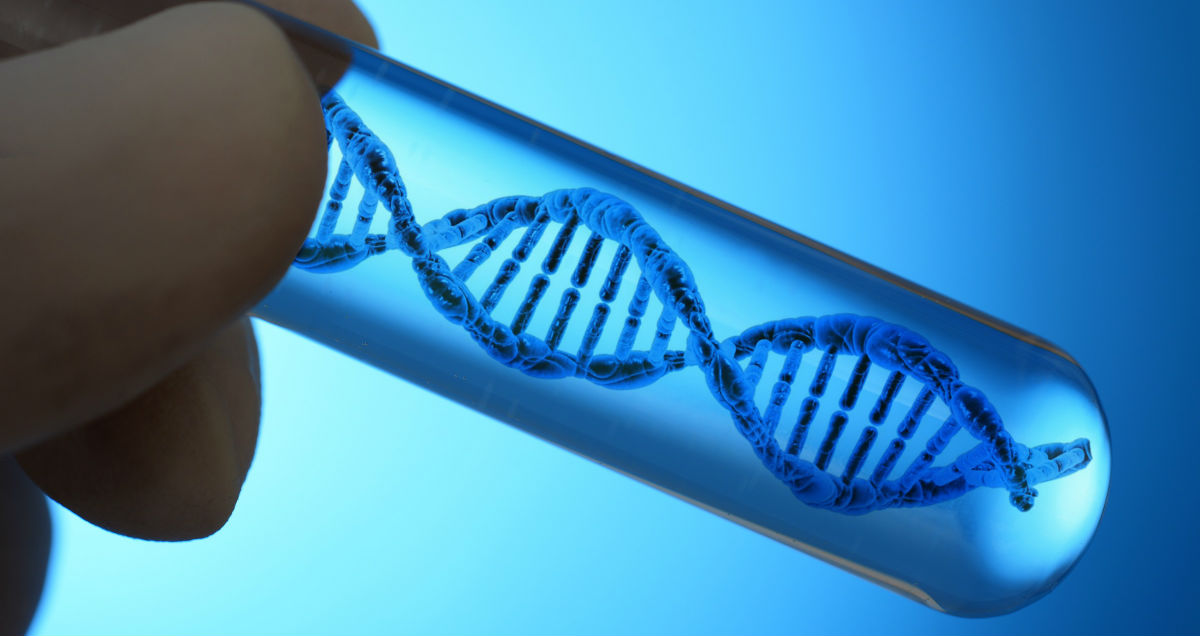
Germline modification ‘would violate human dignity’
Enhancing future generations is profoundly dangerous
Three members of the Centre for Genetics and Society, a California-based lobby group, have published a stern critique of germline modification on human rights grounds. Writing in Open Global Rights, Marcy Darnovsky, Leah Lowthrop, and Katie Hasson argue that changing the genome “would violate human dignity, a concept at the core of human rights”.
it’s important to remind ourselves why key human rights documents specifically prohibited these practices, long before they were technically feasible. The medical justifications for human germline modification fall short, and the temptation to “enhance” future generations is profoundly dangerous. Down that road, our scientific achievements would all too likely become not instruments of enlightenment and emancipation, but mechanisms for exacerbating inequality. And our desire to improve the human condition would lead us away from the realization of the human rights that we know are needed for individuals, societies, and humanity to thrive.
The rapid pace of these developments creates an urgent need for the global community—perhaps gathering under UN auspices—to reaffirm existing agreements and clearly prohibit the dangerous and unethical use of reproductive gene-editing.
Creative commons
https://www.bioedge.org/images/2008images/FB_darnovshy_1.jpg
genetic engineering
germline therapy
More Stories
Owner of castration website in UK found guilty of grievous bodily harm
“Enhancement” normally connotes adding powers beyond normal human functioning. However, there are dark kinds of enhancement which remove them. A...
Quebec man has two healthy fingers amputated to relieve ‘body integrity dysphoria’
Doctors amputated the healthy fourth and fifth fingers of the left hand of a 20-year-old Quebec man because he believed...
Is ‘heightism’ the last socially acceptable prejudice?
You may remember Robert Reich, Secretary of Labor from 1993 to 1997 in the cabinet of President Bill Clinton. His distinguished career...
A boost for cryonics? After 46,000 years in Siberian permafrost, nematodes can revive
In a ground-breaking discovery published in the peer-reviewed journal PLOS Genetics, scientists have found that tiny roundworms, known as nematodes,...
Faster, higher, stronger with drugs: the Enhanced Olympics
Marion Jones. Lance Armstrong. Ben Johnson. Tim Montgomery. Svetlana Podobedova. The list of drug cheats, athletes who were stripped of...
Do Americans support embryo testing for complex traits like IQ?
Americans are surprisingly supportive of embryo testing for traits such as intelligence, according to an article in the leading journal...
